How Dentures Improve Your Quality of Life

Enhancing Daily Living Through Dentures
Dentures play a pivotal role in improving the lives of those experiencing tooth loss. Beyond cosmetic improvements, dentures have profound impacts on speech, oral health, and social interactions. By replacing missing teeth, they restore vital functions that contribute to overall health and self-esteem. This article explores the diverse benefits of dentures, drawing on evidence from various studies and statistics to understand how dentures enhance quality of life.
Restoring Daily Function Through Dentures

How do dentures help people?
Dentures play a vital role for individuals with missing teeth by allowing them to regain essential functions such as speaking, eating, and socializing. This restoration significantly enhances their quality of life. Research from 2016 highlighted that around 42% of older adults in nursing homes utilize dentures, mainly full dentures for both upper and lower jaws. Although some users may experience challenges, like improper contact between back teeth affecting comfort and functionality, the overall impact of dentures is positive.
Speech Improvement
For many, dentures are crucial for improving speech clarity. Missing teeth can lead to speech impairments, making communication difficult. Dentures fill the gaps in the mouth, which helps individuals articulate sounds properly, reducing slurring and making it easier to speak confidently in various settings.
Eating Habits
Dentures also restore the ability to eat a wide range of foods, allowing individuals to enjoy meals they may have previously avoided, particularly more challenging textures like meats. With dentures, not only is the enjoyment of food restored, but the improved chewing ability contributes to better nutrition. This is particularly important for overall health, ensuring the intake of essential vitamins and minerals.
Social Interaction
The cosmetic benefits of dentures cannot be overlooked, as they enhance facial aesthetics and improve self-confidence. With a restored smile, individuals feel more comfortable engaging socially, reducing the anxiety associated with missing teeth. This confidence can lead to better social interactions, fostering improved relationships in both personal and professional environments.
Facial Aesthetics
Finally, dentures support the facial structure, preventing the sagging appearance often seen with missing teeth. This rejuvenation not only helps individuals look younger but also contributes to a more vibrant self-image. Restoring a balanced facial appearance through dentures can yield significant psychological benefits, leading to a greater quality of life for users.
| Aspect | Impact of Dentures | Additional Notes |
|---|---|---|
| Speech | Improves articulation and clarity | Reduces slurring and enhances communication |
| Eating | Allows enjoyment of various foods | Aids in better nutrition and digestion |
| Social Interaction | Boosts self-esteem and confidence | Enhances comfort in social situations |
| Facial Aesthetics | Supports facial structure, preventing sagging | Contributes to a more youthful appearance |
Overall, dentures are indispensable for enhancing daily function and well-being.
Living Comfortably: Modern Advances in Denture Technology

Can you live a normal life with dentures?
Yes, you can live a normal life with dentures. Modern advancements in denture technology have made them more comfortable and functional, allowing them to feel like a natural part of your mouth.
The integration of digital technology and Computer-Aided Design (CAD) enables a precise fit, minimizing discomfort significantly. Today's dentures are crafted from quality materials, ensuring durability and a more natural look.
Older misconceptions about dentures being uncomfortable often stem from previous models that did not fit well. Today's versions are designed for easy wear, significantly enhancing comfort.
Moreover, these dentures not only restore your ability to eat and speak but also boost your appearance and confidence, allowing you to smile freely. Therefore, whether enjoying your favorite foods or engaging in social activities, you can live fully and confidently with modern dentures.
The Health Advantages of Opting for Dentures

What are the health benefits of dentures?
Dentures play a crucial role in improving oral hygiene. Since they are removable, individuals can clean them thoroughly, which helps in reducing the accumulation of food particles and bacteria. This ease of cleaning contributes significantly to oral health, lowering the risk of gum disease and other dental issues.
In terms of nutrition, dentures restore proper chewing function, enabling individuals to enjoy a wider array of foods. People with missing teeth often limit their diets to softer items, which can lead to nutritional deficiencies. With dentures, they can comfortably eat foods like meats and fresh vegetables, allowing for a balanced diet that is essential for overall health.
Moreover, dentures support the facial structure, preventing the sagging appearance that results from tooth loss. By maintaining the shape of the face, they help individuals appear more youthful and vibrant. This support not only enhances aesthetics but also boosts self-esteem, contributing to a better quality of life.
In summary, the health benefits of dentures encompass improved oral hygiene, enhanced nutritional intake, and a more youthful appearance, all of which contribute to a higher overall quality of life for denture wearers.
Enhancing Appearance and Confidence with Dentures

Can dentures improve your appearance?
Yes, dentures can significantly improve your appearance. They help restore the shape of your face by providing support to the cheeks and lips, which can sometimes sag without natural teeth.
Facial support
This support is crucial as it enhances facial features, making you look more youthful and healthier. Many people refer to dentures as an "instant facelift" due to their transformative effects.
Aesthetic improvements
In terms of aesthetics, modern dentures are crafted to mimic natural teeth closely. Their ability to blend seamlessly with your gums ensures that your smile looks genuine and appealing.
Self-esteem
Moreover, wearing dentures not only boosts your facial aesthetics but also significantly enhances your self-esteem. You can smile freely and engage socially without the worry of missing teeth, allowing for more enjoyable interactions and a higher quality of life.
Denture Care: Ensuring Longevity and Comfort

Maintenance and Care
Proper care is essential to maximize the lifespan of dentures and ensure comfort. Regular cleaning with a soft-bristled brush and non-abrasive denture cleanser is crucial. Avoid using regular toothpaste, as it can scratch the surface of the dentures. After each meal, rinsing your dentures can help remove food particles. It's also advisable to soak them overnight in a cleaning solution to keep them hydrated and free from bacteria.
Types of Dentures
There are two main categories of dentures: full and partial. Full dentures are used when all teeth are missing, while partial dentures fill in gaps left by missing teeth. Each type is custom-made to fit the individual's mouth, enhancing comfort and function.
Practical Considerations
Individuals should consult their dentist regularly to ensure a proper fit and address any discomfort. Adjustments may be necessary, especially as the mouth changes over time. Understanding the nuances of denture care can significantly enhance one's quality of life, allowing individuals to eat, speak, and smile with confidence.
Embracing the Change with Confidence
Dentures are more than just a replacement for missing teeth; they represent a new chapter where individuals can reclaim their quality of life. With the ability to improve not just aesthetics but also functional aspects of daily living, dentures are a transformative solution that support health, self-esteem, and social engagement. As technology continues to advance, the future of dentures looks promising, offering even more refined solutions to those experiencing tooth loss. Embrace these changes positively, and step forward with a confident smile.
References
- 5 ways that dentures can improve a person's quality of life
- 5 Ways Dentures Can Improve Your Quality of Life - Carmichael DDS
- 5 Ways Dentures Can Improve Your Appearance and Health
- Top Ways Dentures Can Extend and Improve Your Life - Owens
- Quality of Life with Removable Dentures - PMC
- How Dentures Can Enhance Your Appearance And Confidence?
- Understanding Modern Denture Options and Benefits - Dimmitt Dental
- 10 Reasons Why Dentures Can Enhance Your Quality of Life
- 3 Ways Dentures Improve Your Quality of Life | Austin Prosthodontics
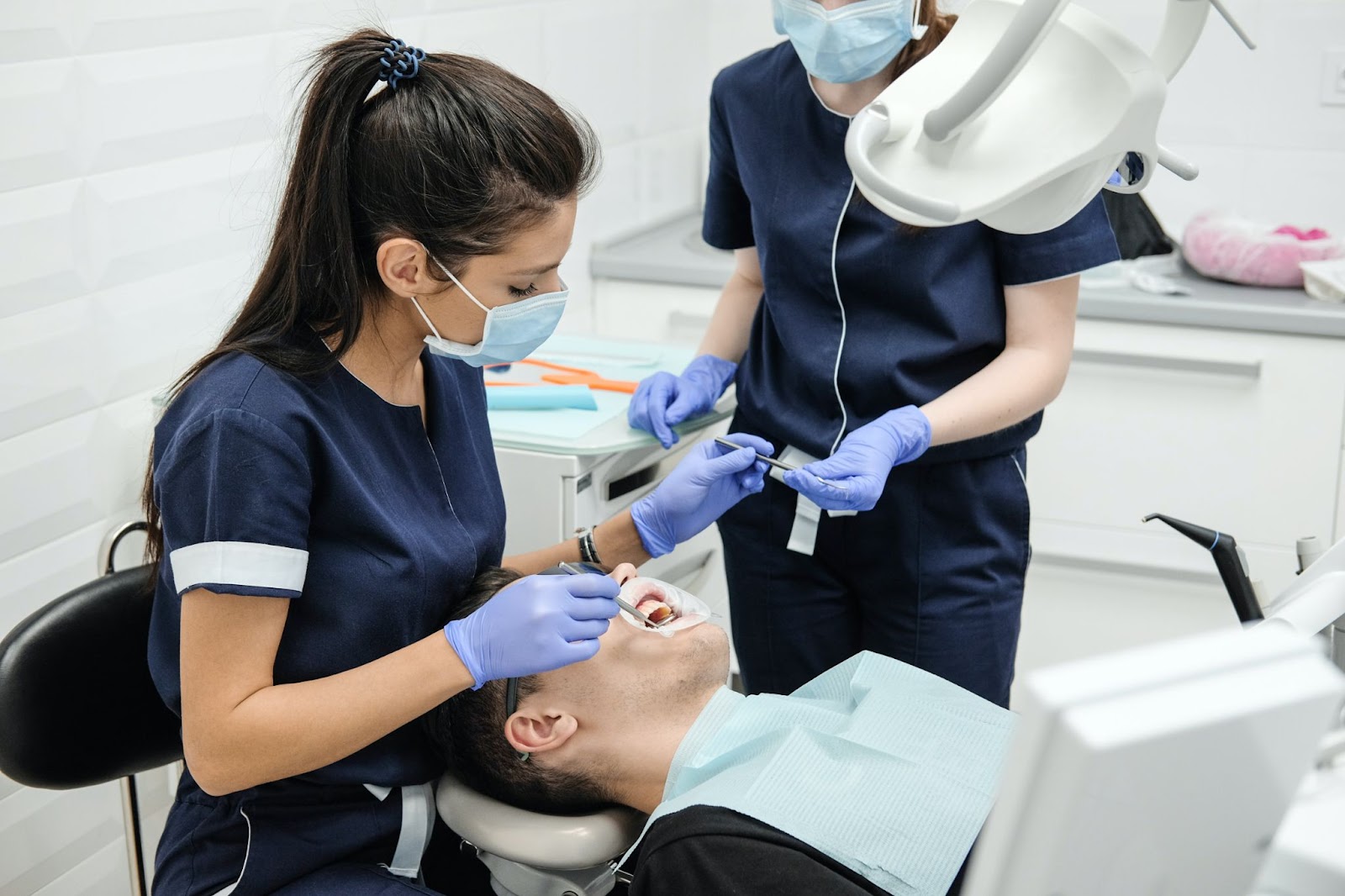





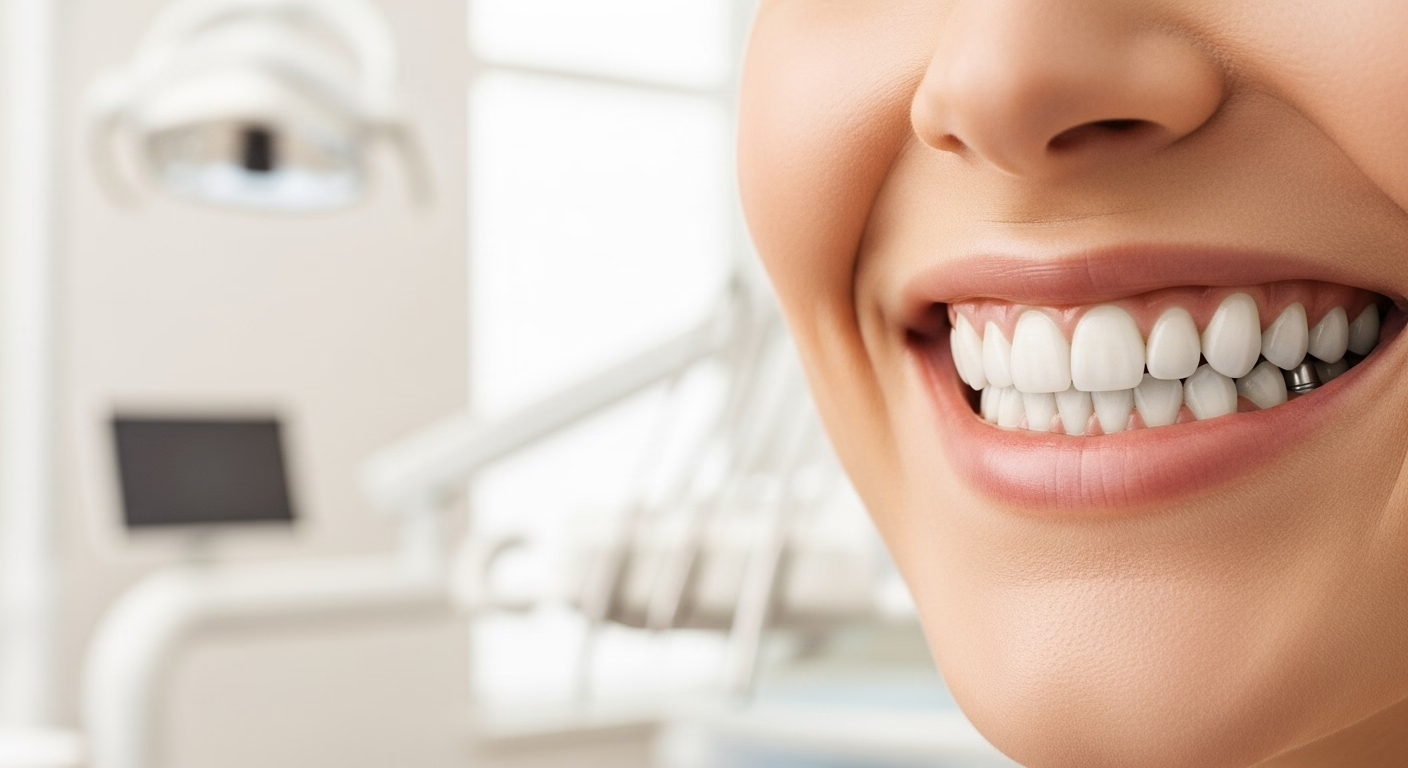
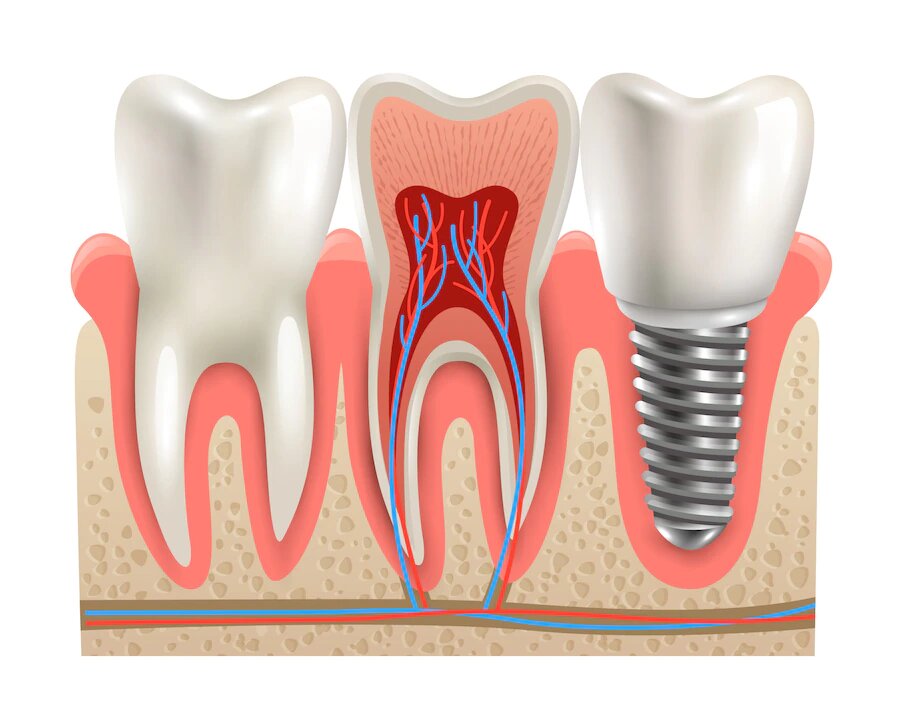










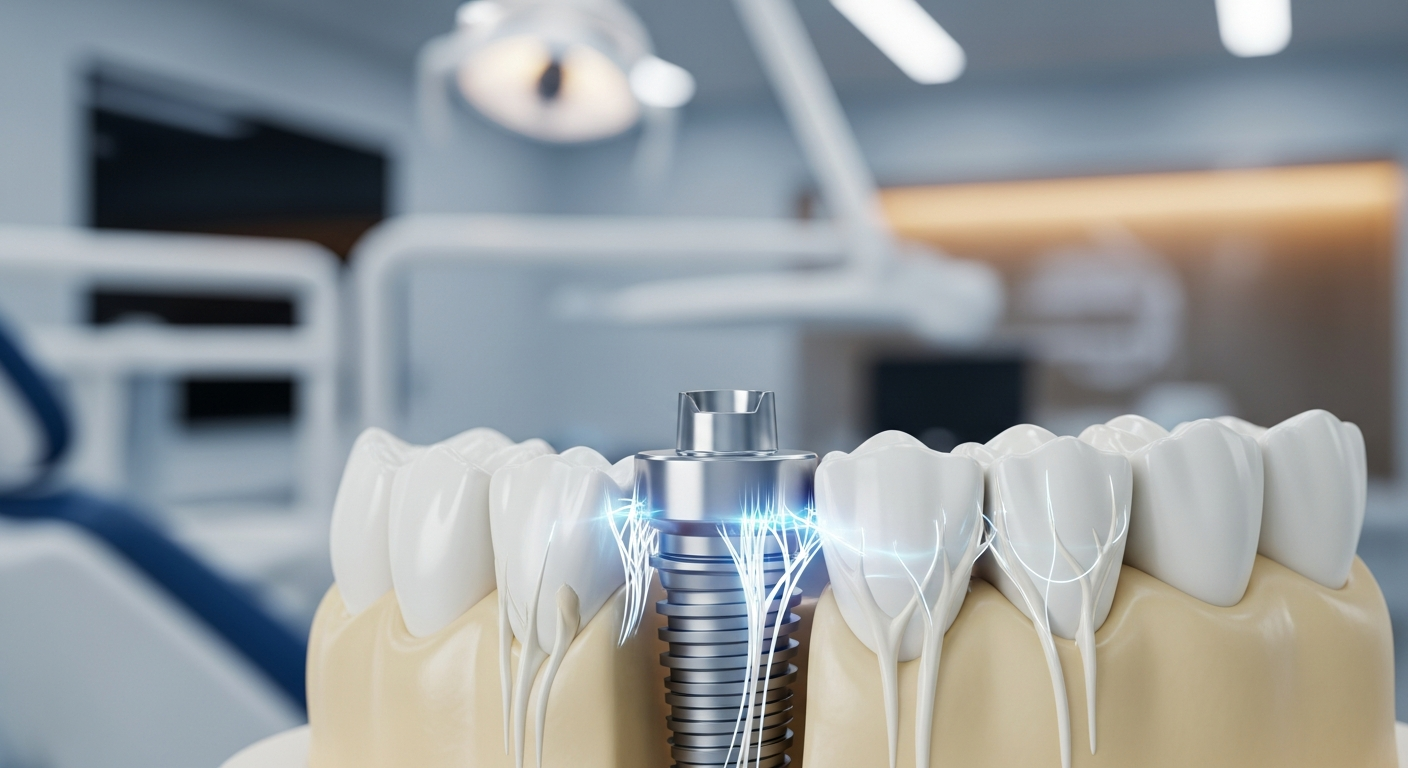






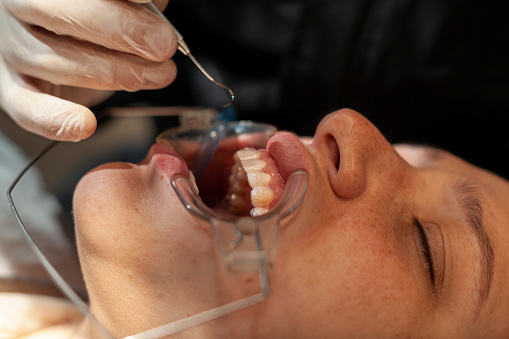

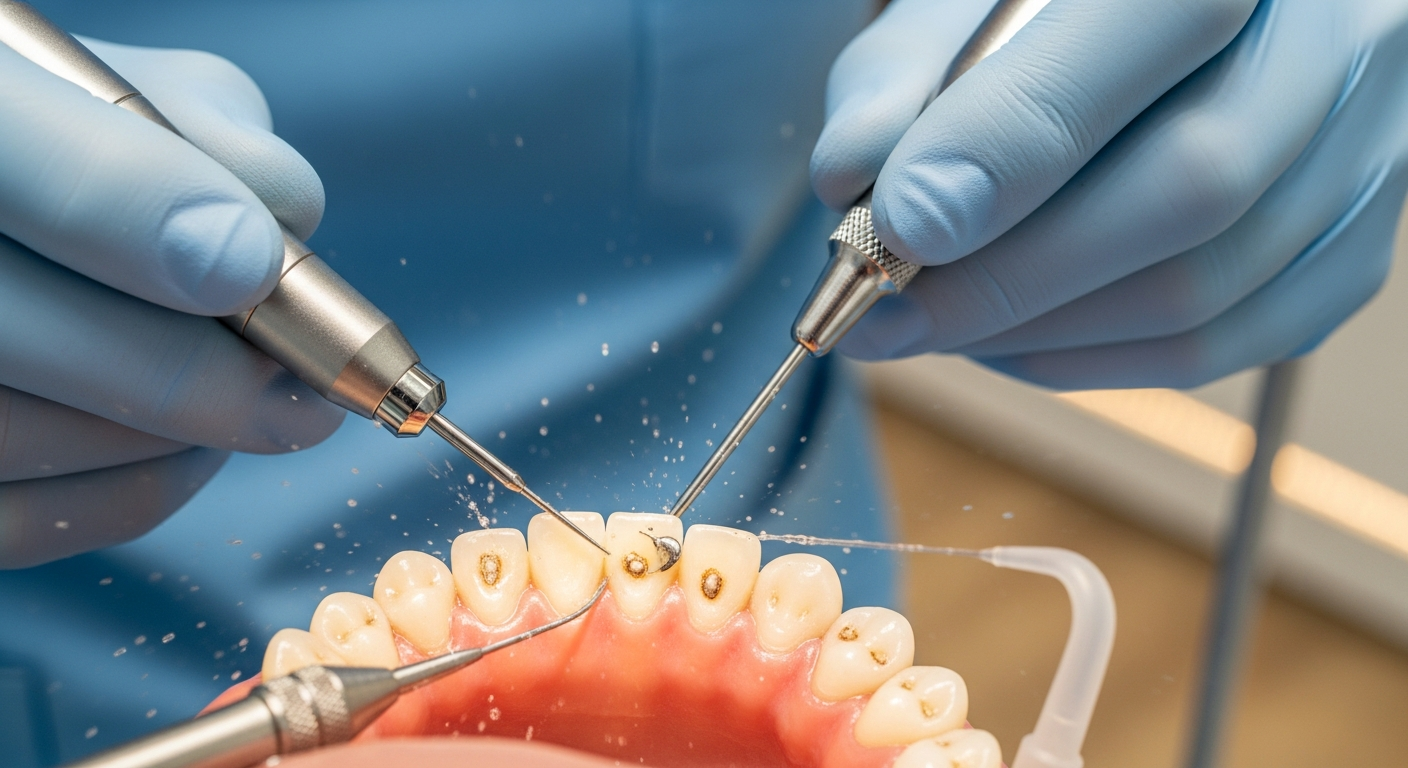

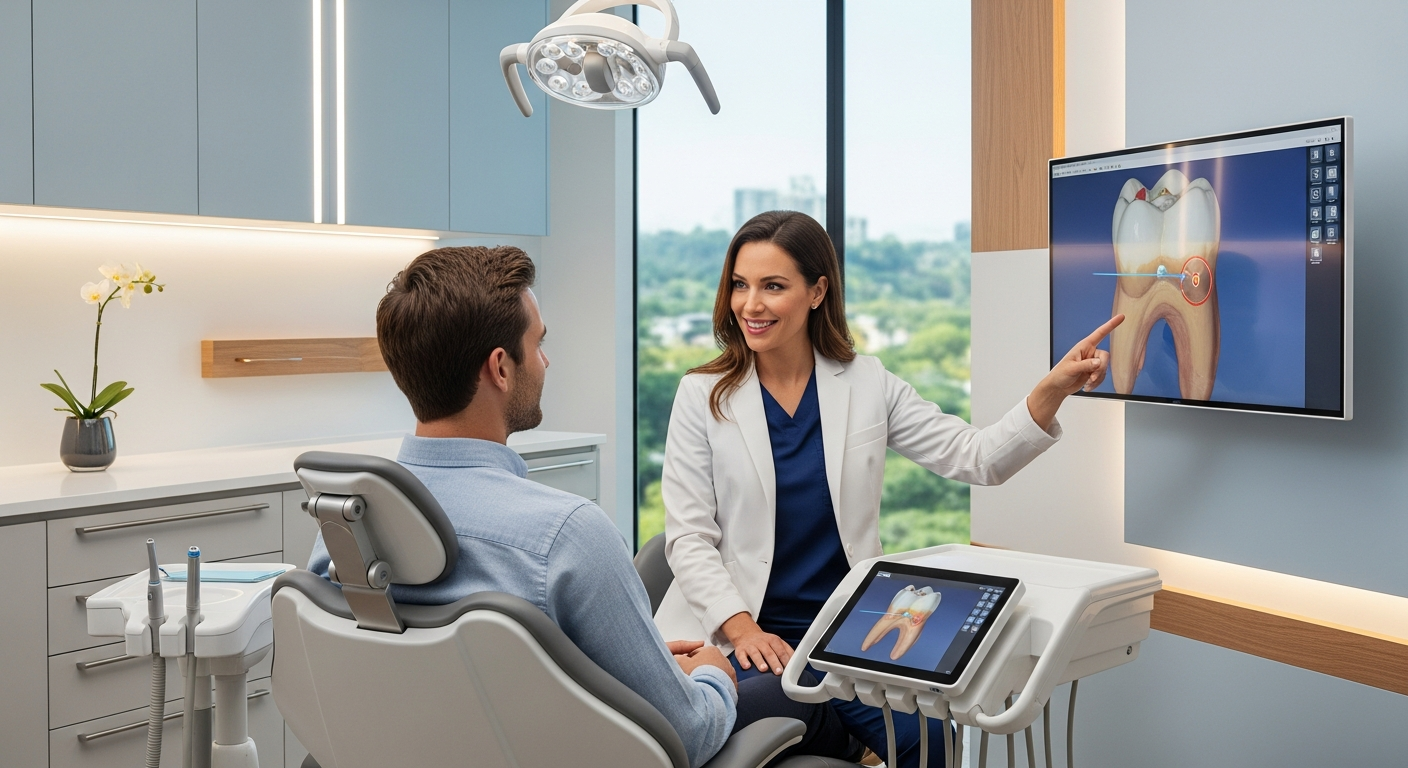
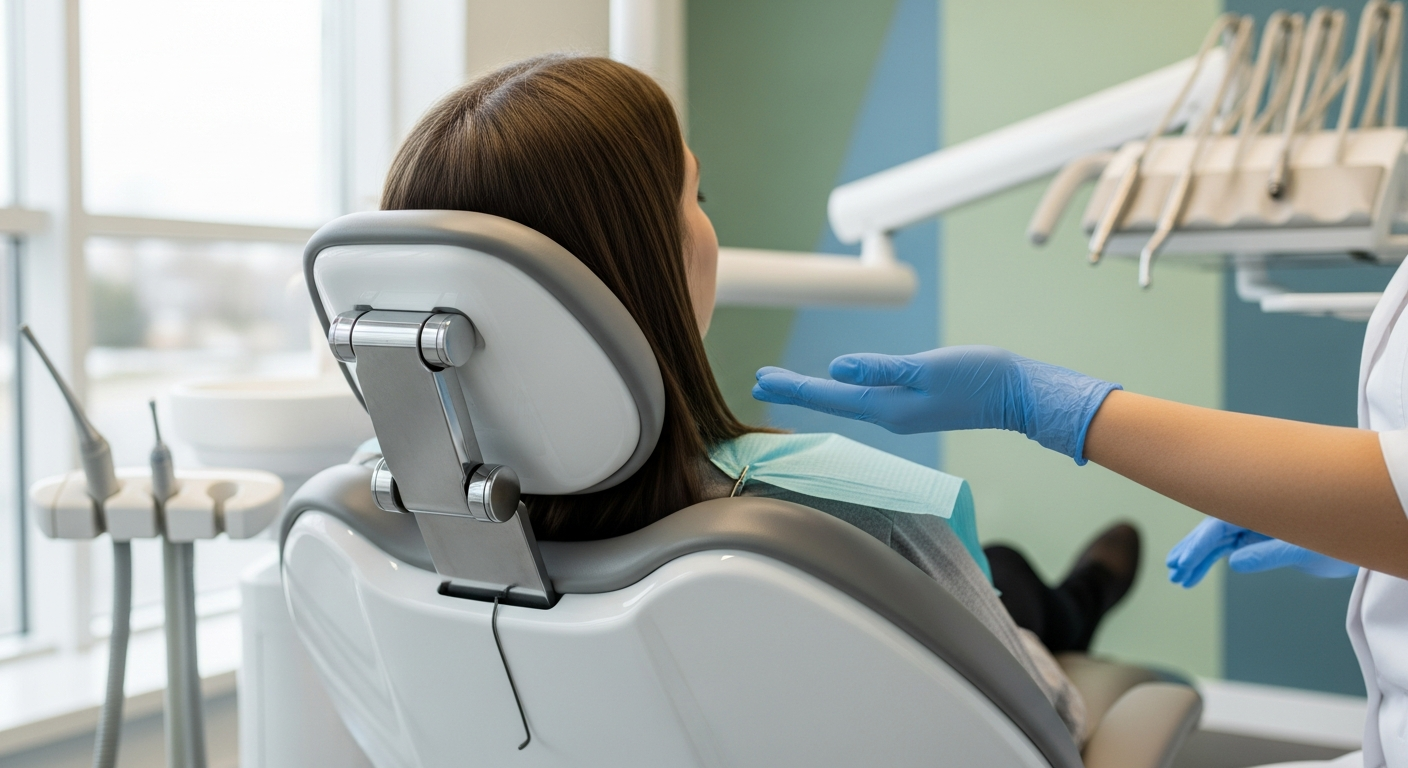

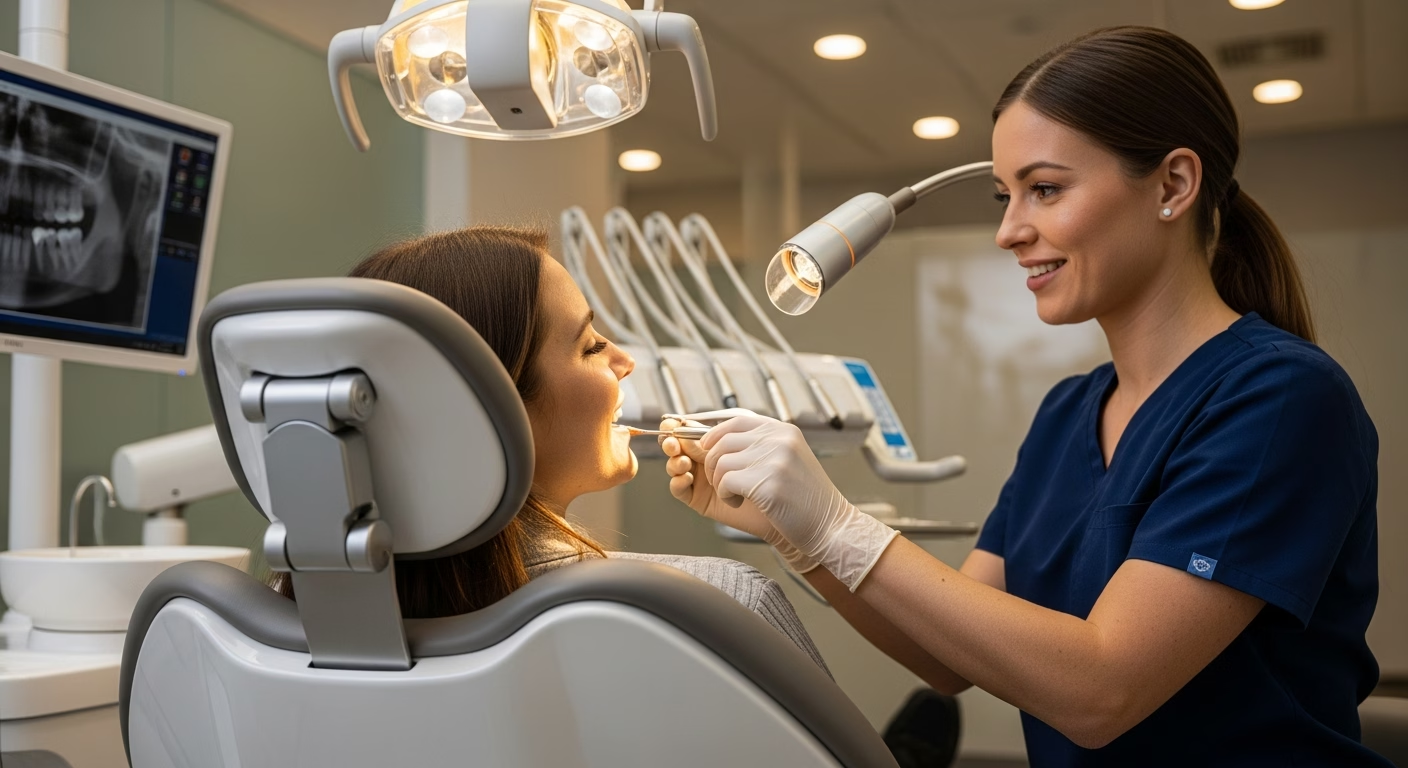
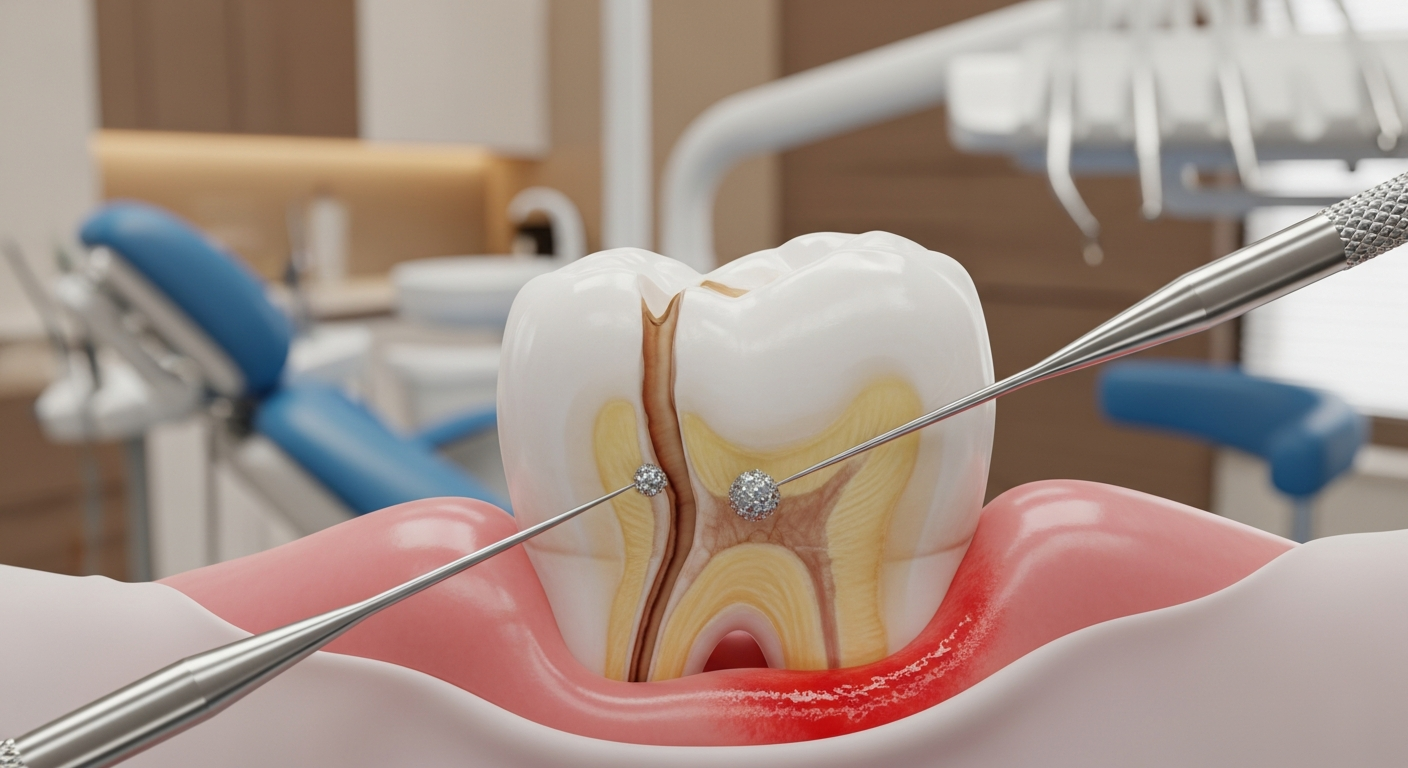




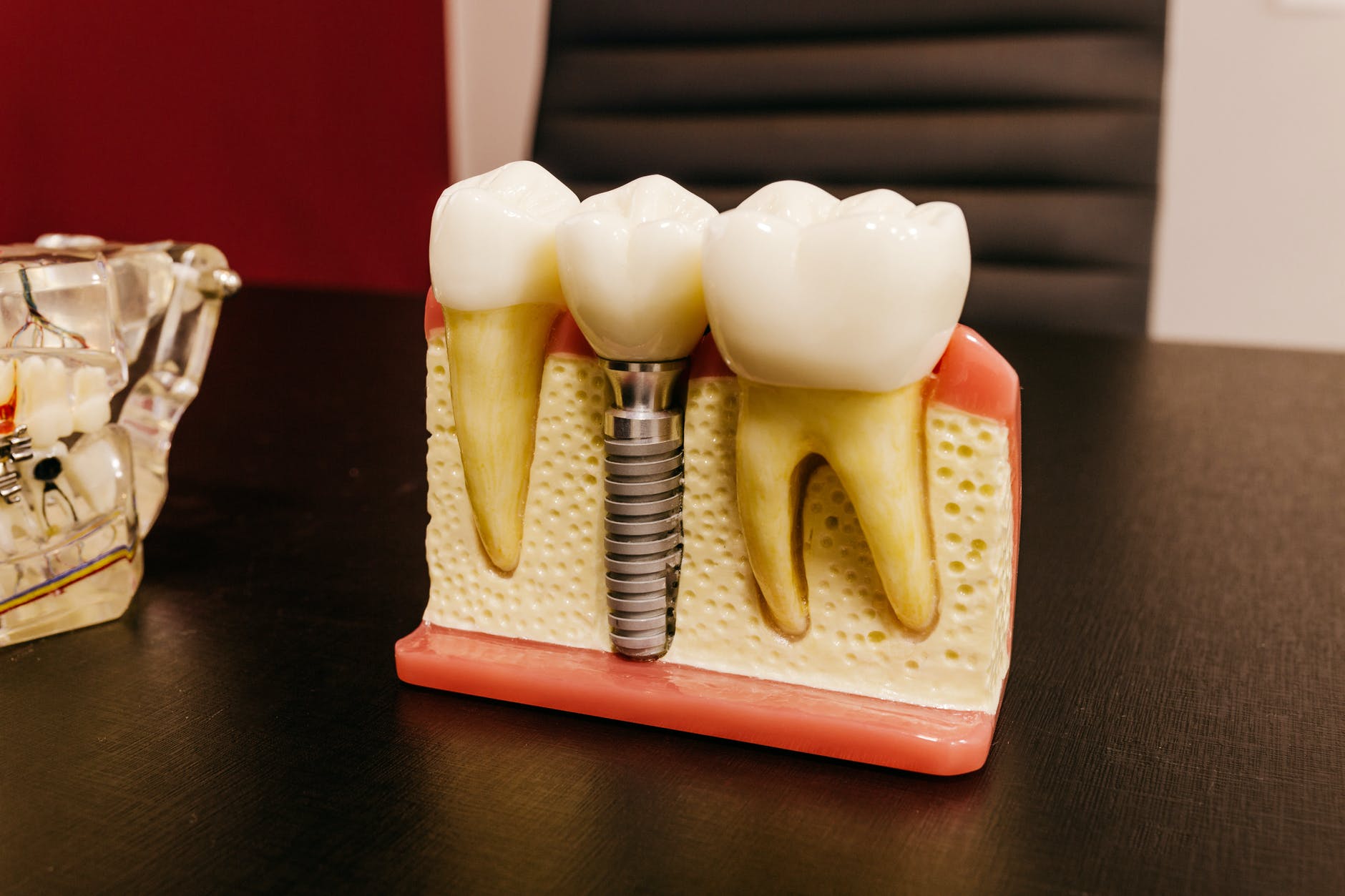


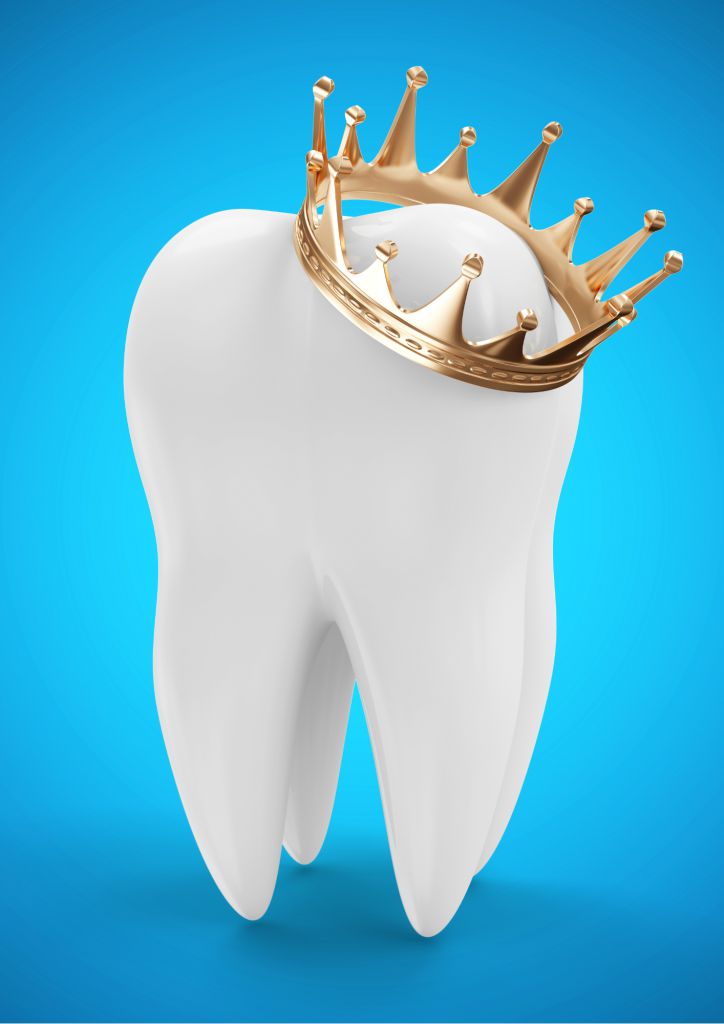



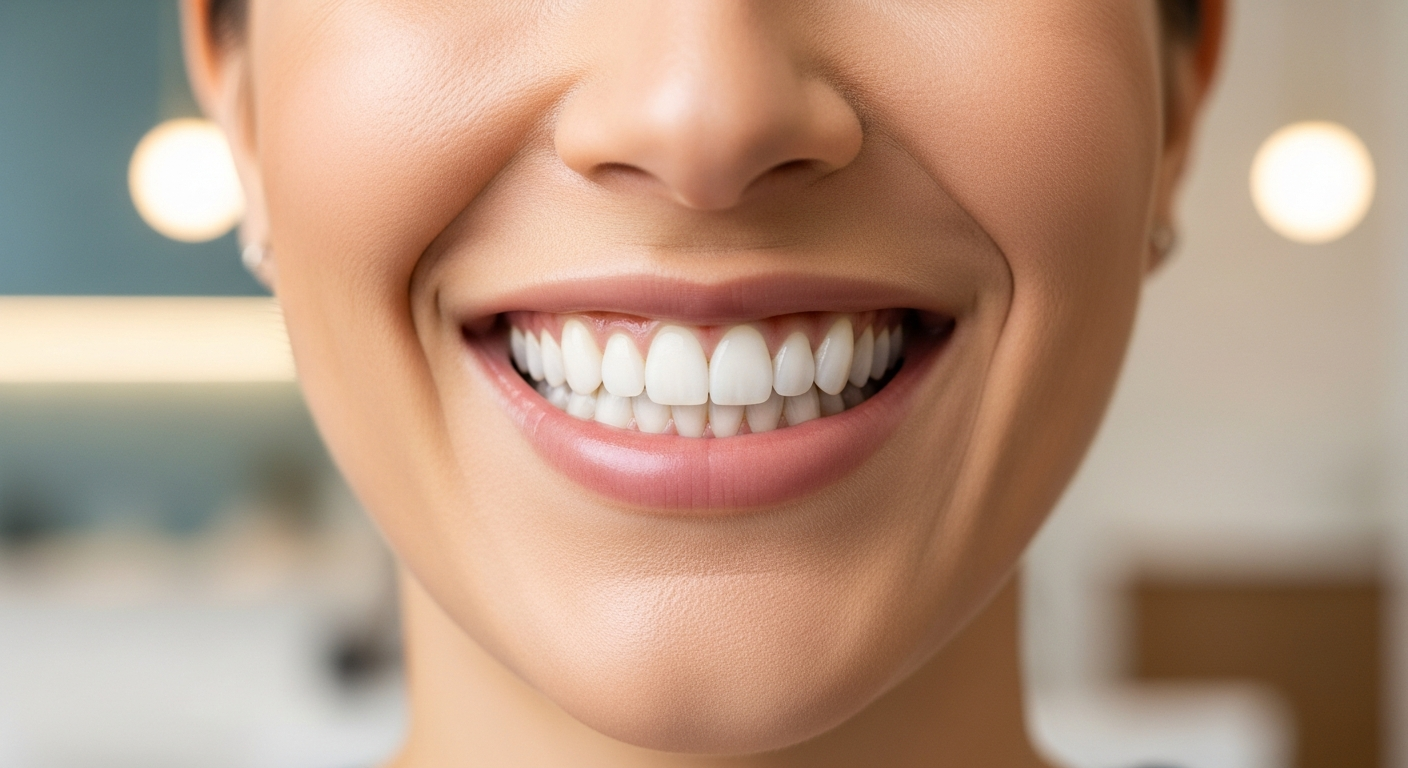



.avif)


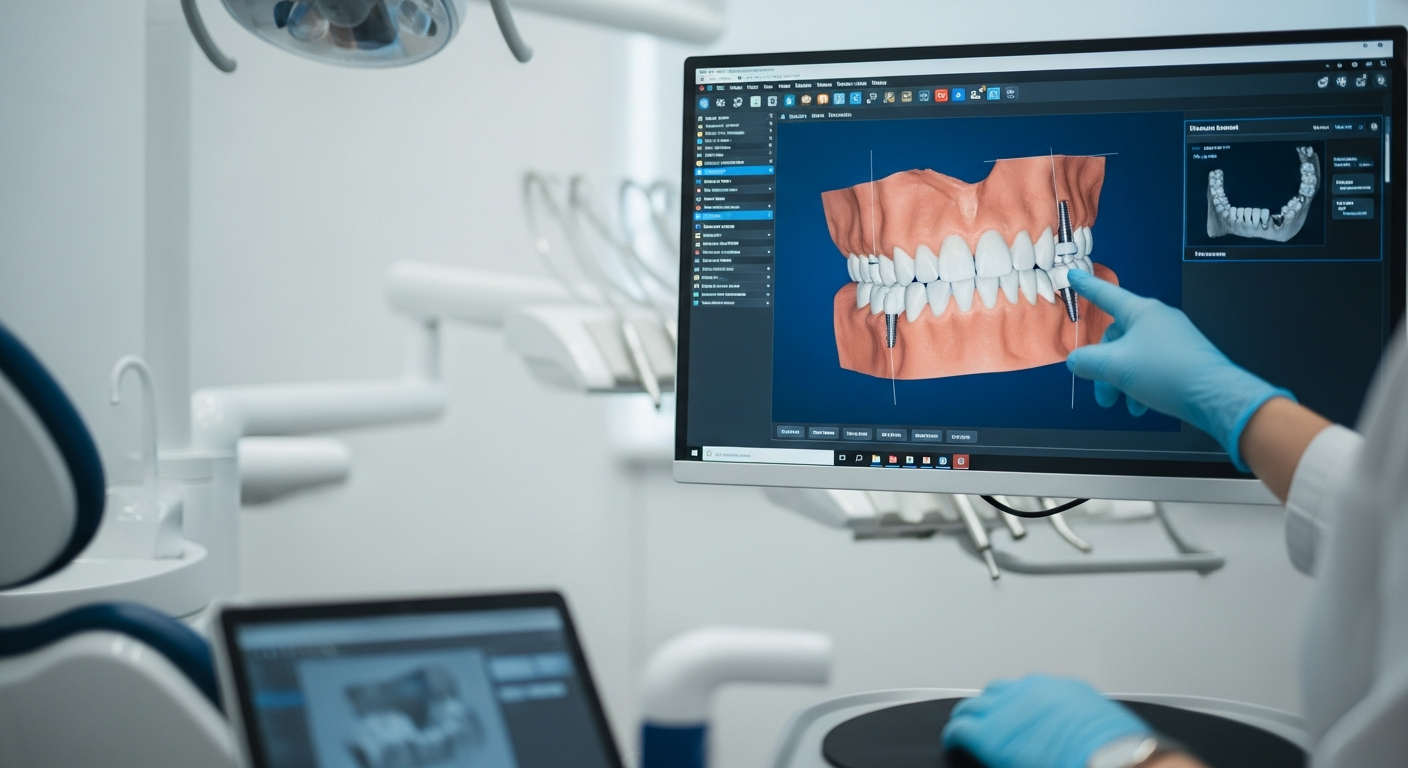



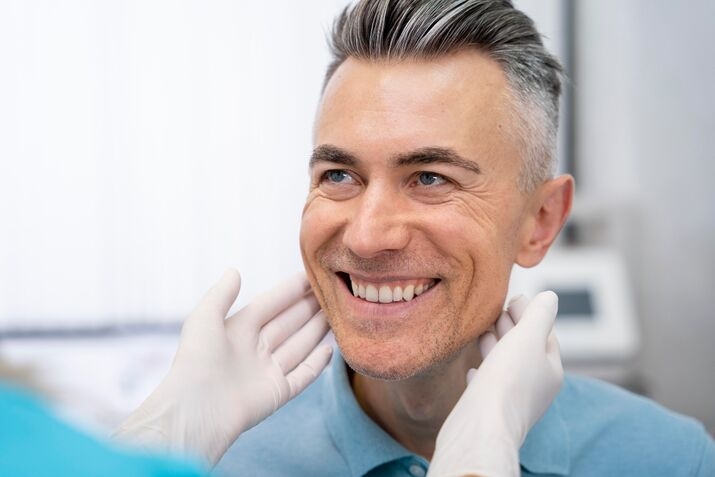
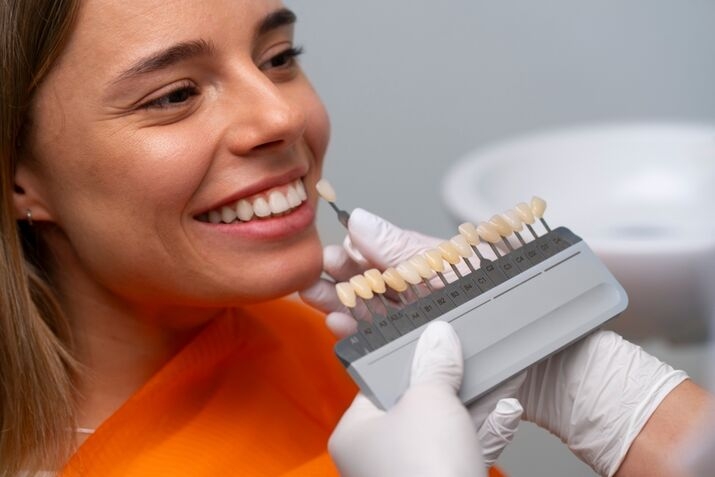


.jpg)


















.avif)


















.jpg)


